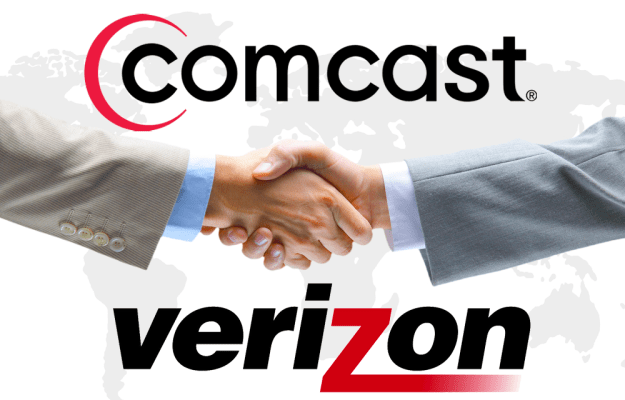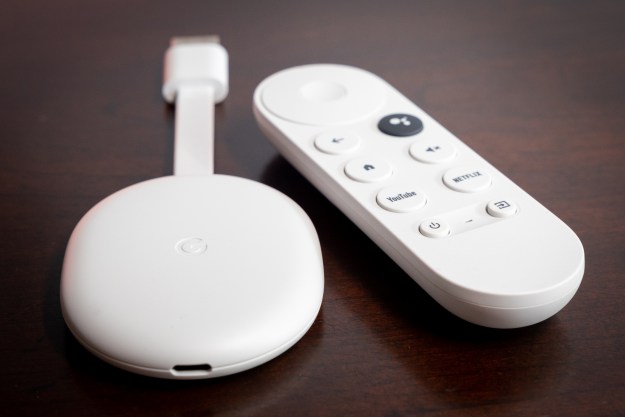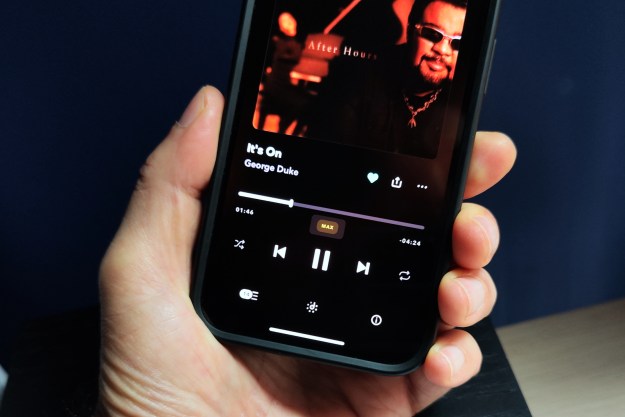
Late last week, Verizon Wireless signed a deal to purchase 122 spectrum licenses from SpectrumCo, a joint venture between Comcast, Time Warner Cable and Bright House Networks, for $3.6 billion. As part of the deal, which awaits approval from the Federal Communications Commission, the Comcast will now be able to sell Verizon Wireless service as part of their communications packages.
To the casual observer, this might not sound particularly significant — in fact, it will likely prove to be one of the most consequential partnerships in the US communications industry. And Comcast executives agree.
“Talk about content, you got NBC. And wireless, you got this. In perpetuity,” said Comcast CFO Michael Angelakis during the UBS Global Media and Communications Conference, as quoted by Variety. “This is a deal forever. We don’t have to invest in building a wireless network. We aren’t going to acquire a wireless network. It’s quite a significant transaction.”
If you’re a Comcast customer, this means that you will eventually be able to purchase cable television, Internet service, home phone service, and cell phone service, all through your cable company. It also means special deals if you buy into the the “quadruple play” option; and you’ll eventually be able to watch live TV on your Verizon smartphone, then resume watching on your television. This and other “great new innovations” will result from this partnership, Comcast Cable president Neil Smit told the group of investors at the UBS conference.
For Verizon wireless customers, it means great access to a faster and faster 4G LTE network, which will come as a result of the spectrum buy.
In essence, this deal is a merger without any companies actually merging. It is a substantial condensation of power in the communications industry. And while this may indeed lead to innovation for these companies, it also means other companies will either have to make partnerships of their own, or risk falling behind. And anytime that happens, it’s bad for customers.
[Image via EDHAR/Shutterstock]


